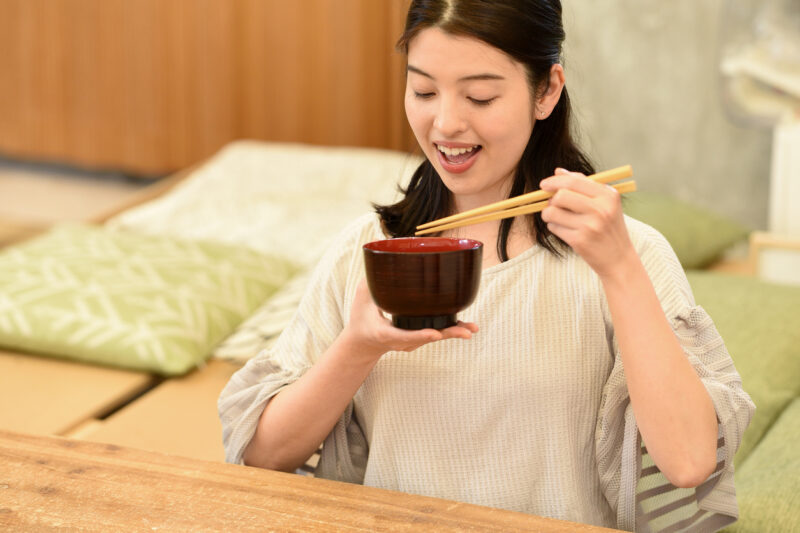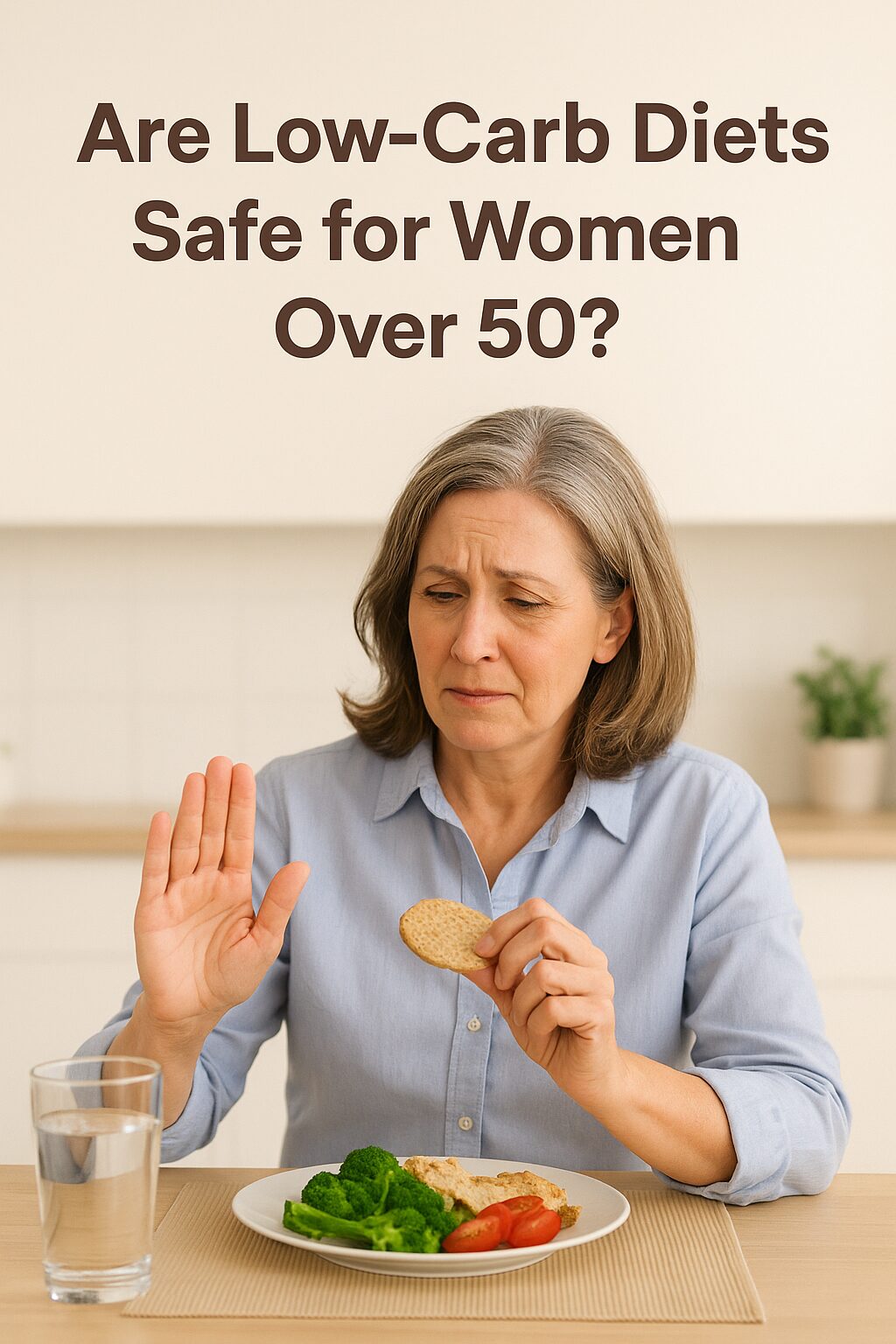In recent years, low-carb diets have become a popular health trend in the West. From ketogenic plans to strict carb elimination, many people believe cutting carbohydrates is the key to better health and weight control. But is this approach truly safe for women over 50? As the body changes with age, especially during and after menopause, nutritional needs shift. Let’s explore the impact of low-carb diets on older women and why a balanced, Japanese-inspired approach may be more beneficial.
Understanding the Role of Carbohydrates
Carbohydrates are often labeled as the enemy in diet culture, but they play a vital role in maintaining energy and overall health.
Carbohydrates as Energy Fuel
Carbs are the body’s primary source of energy. For women over 50, who may experience fatigue and slower metabolism, eliminating this fuel can lead to low energy levels, brain fog, and mood swings.
Nutrients Beyond Calories
Whole-grain rice, oats, and vegetables provide not only calories but also fiber, vitamins, and minerals that support digestion, bone strength, and cardiovascular health. Without them, nutrient deficiencies may appear.

Potential Risks of Extreme Low-Carb Diets
While reducing refined sugars and processed foods is beneficial, avoiding carbs altogether can create more harm than good.
Increased Risk of Heart Disease
High-fat, low-carb diets often replace carbs with saturated fats. For women over 50, this may raise cholesterol and heart disease risks, which already increase after menopause.
Bone and Muscle Weakness
Carbohydrate-rich foods such as whole grains and fruits are important for maintaining calcium absorption and muscle function. Extreme carb restriction can worsen osteoporosis risk, a major concern for older women.
Digestive Problems
Low-carb diets often lack dietary fiber. This can cause constipation and gut microbiome imbalances, both of which affect long-term health.
For more about the health importance of balanced nutrition, the Harvard T.H. Chan School of Public Health provides accessible resources.
Why Balanced Eating Matters After 50
Instead of cutting out carbs entirely, women over 50 benefit more from a balanced diet with moderate portions.
Japanese Approach to Balance
Traditional Japanese meals combine rice, vegetables, fish, and fermented foods. Rather than demonizing one food group, the philosophy emphasizes variety and portion control. This approach has been linked to longevity and lower rates of chronic disease.
Protein and Hormonal Health
During menopause, protein is essential for maintaining muscle mass and supporting hormone-related changes. Combining lean protein with moderate carbs ensures steady energy and better metabolic health.
Emotional and Social Benefits
Food is more than nutrition—it is culture and connection. Strict diets can isolate people socially, while balanced meals encourage joy, family connections, and sustainability.
Smarter Carbohydrate Choices
Not all carbs are equal. The key is choosing the right ones in the right amounts.
Whole Grains and Vegetables
Brown rice, barley, sweet potatoes, and leafy greens offer slow-release energy and essential nutrients. These foods stabilize blood sugar and reduce cravings.
Fermented Foods for Gut Health
Adding miso, natto, and pickled vegetables enhances digestion and nutrient absorption. These traditional Japanese foods also reduce inflammation.
Limiting Refined Carbs
While balance is crucial, it is wise to limit white bread, pastries, and sugary drinks. These provide empty calories and lead to rapid blood sugar spikes.
For more practical guidance on healthy carbohydrate choices, see the Mayo Clinic’s guide on carbohydrates.
A Natural, Balanced Solution
For women over 50, especially those experiencing menopause, balance—not extremes—supports long-term health. A diet with moderate carbohydrates, lean proteins, and healthy fats, inspired by Japanese traditions, promotes strength and vitality.
At Juveriente, we embrace this philosophy. Our Effisoy® supplement supports the body’s natural hormone production, helping reduce fatigue, hot flashes, and other menopausal discomforts. Meanwhile, our Bone Strength Complexcombines traditional wisdom with modern science to help maintain bone density, complementing a balanced diet rich in whole grains and vegetables.
Final Thoughts
Are low-carb diets safe for women over 50? The answer is: not if they are extreme. Cutting out carbohydrates entirely may harm heart health, bone strength, and overall vitality. Instead, embrace a Japanese-inspired balance—variety, moderation, and mindful eating. This approach supports energy, longevity, and a healthier, more enjoyable lifestyle.
Take Effisoy®, a natural supplement, to balance your hormone back.
If you are facing an age-related hormonal imbalance, rebalancing it will work with a balanced diet for your beauty, weight management, and daily wellness.
Juveriente®’s Effisoy, launched in 2016, based on fermented soy bean germ extract has been loved as a natural menopause relief since its launching in 2016.
Its primary function is to boost the weakened synthesis of a hormone precursor, DHEA. It helps the precursor, DHEA. Rebalancing the precursor will eventually recover your hormones in line with your natural balance. It will help recover the hormonal imbalance and help you address various issues in postmenopausal period.
Here are some of the real product reviews in our Amazon shop.
“Restful sleep finally!!”, “I Am Now Free of Hot Flashes!!”, “Lifesaver”

The only supplement to contain fermented soy isoflavone beside Japan.


